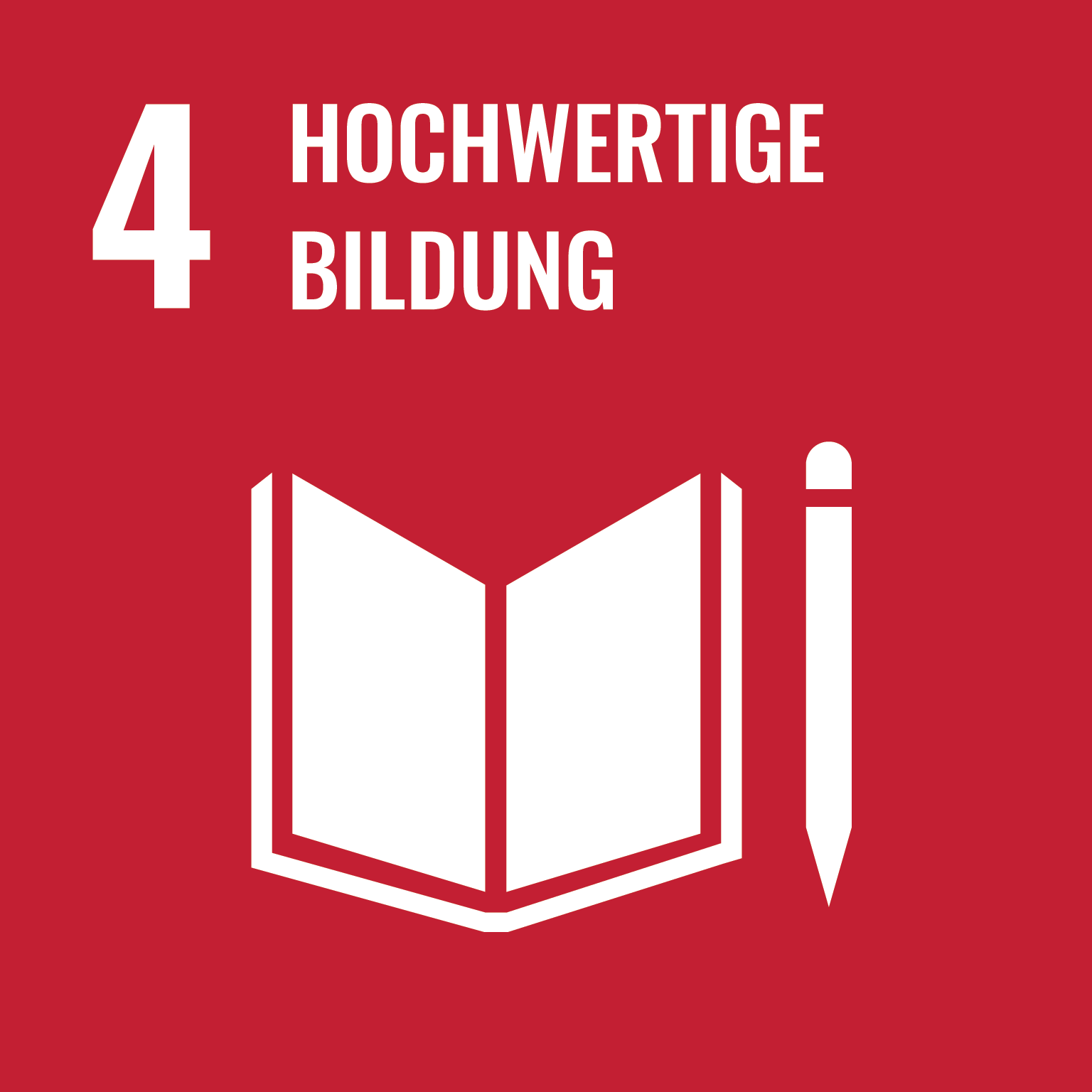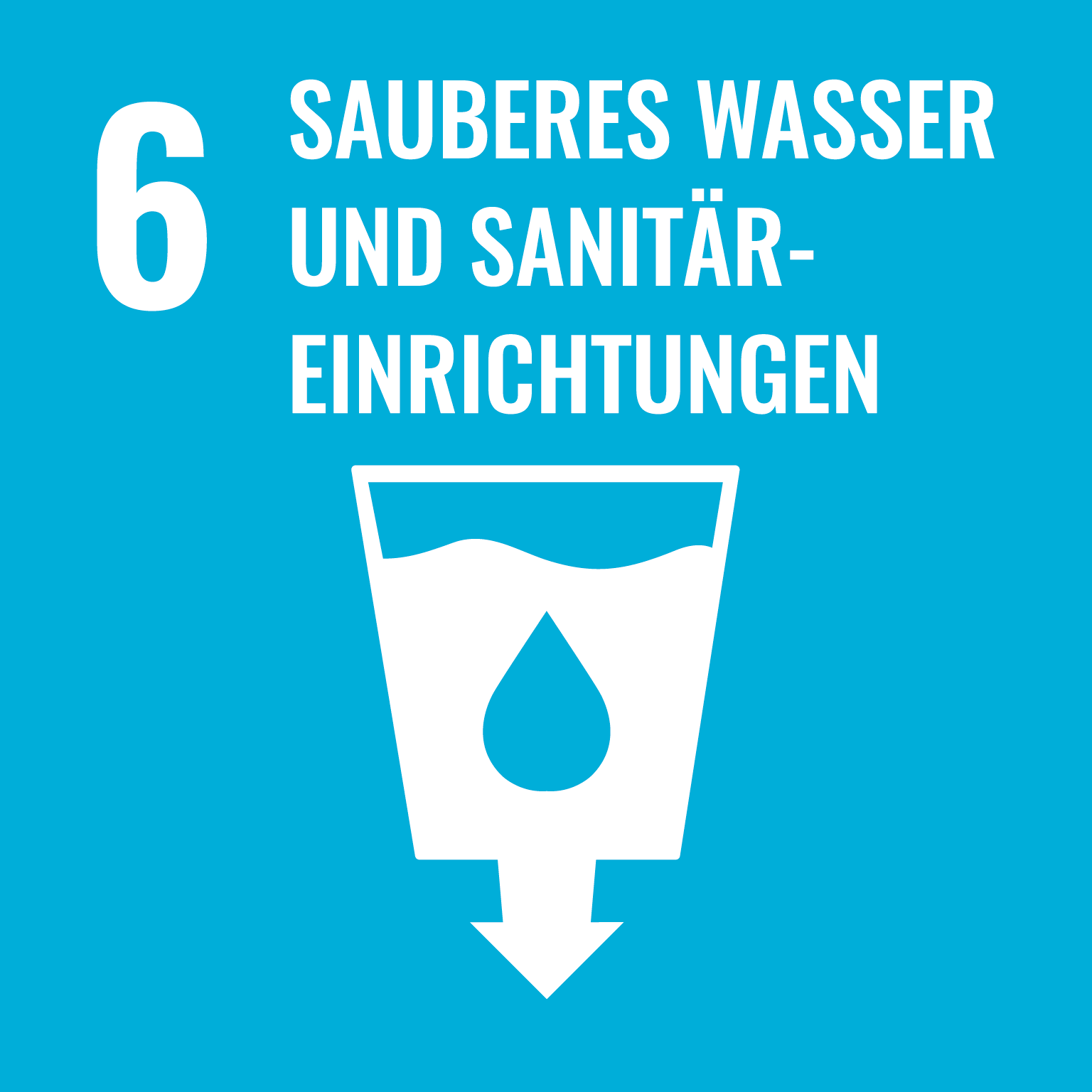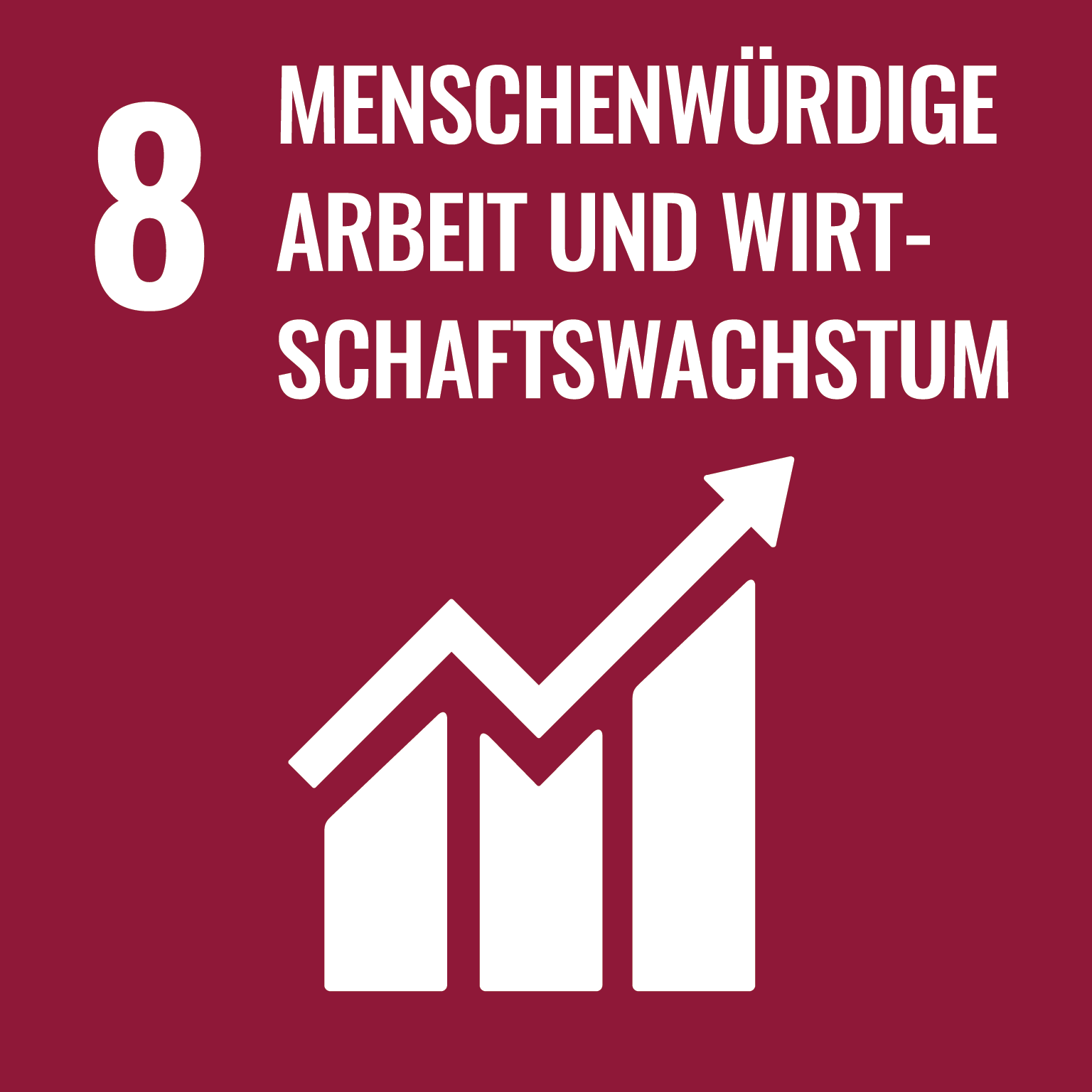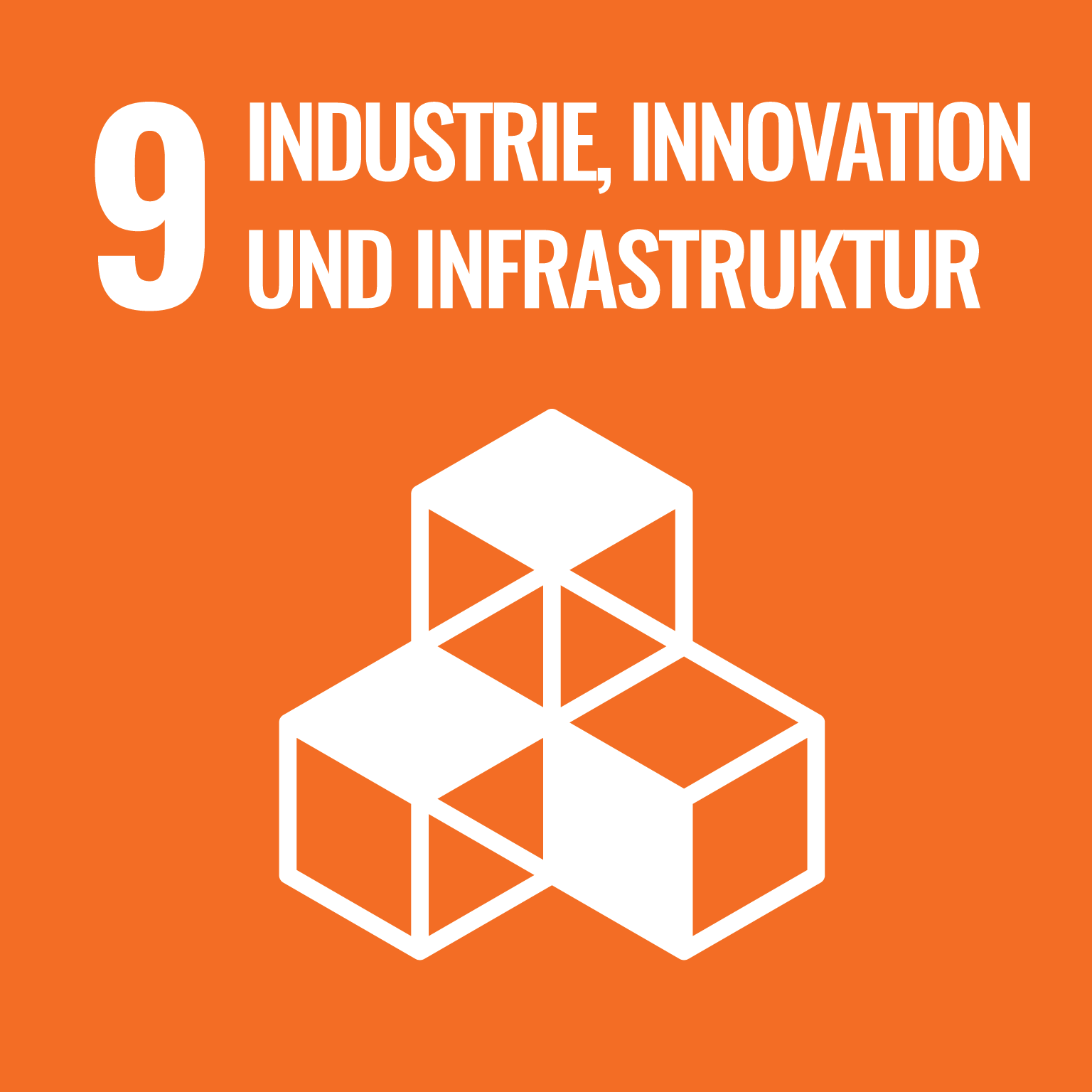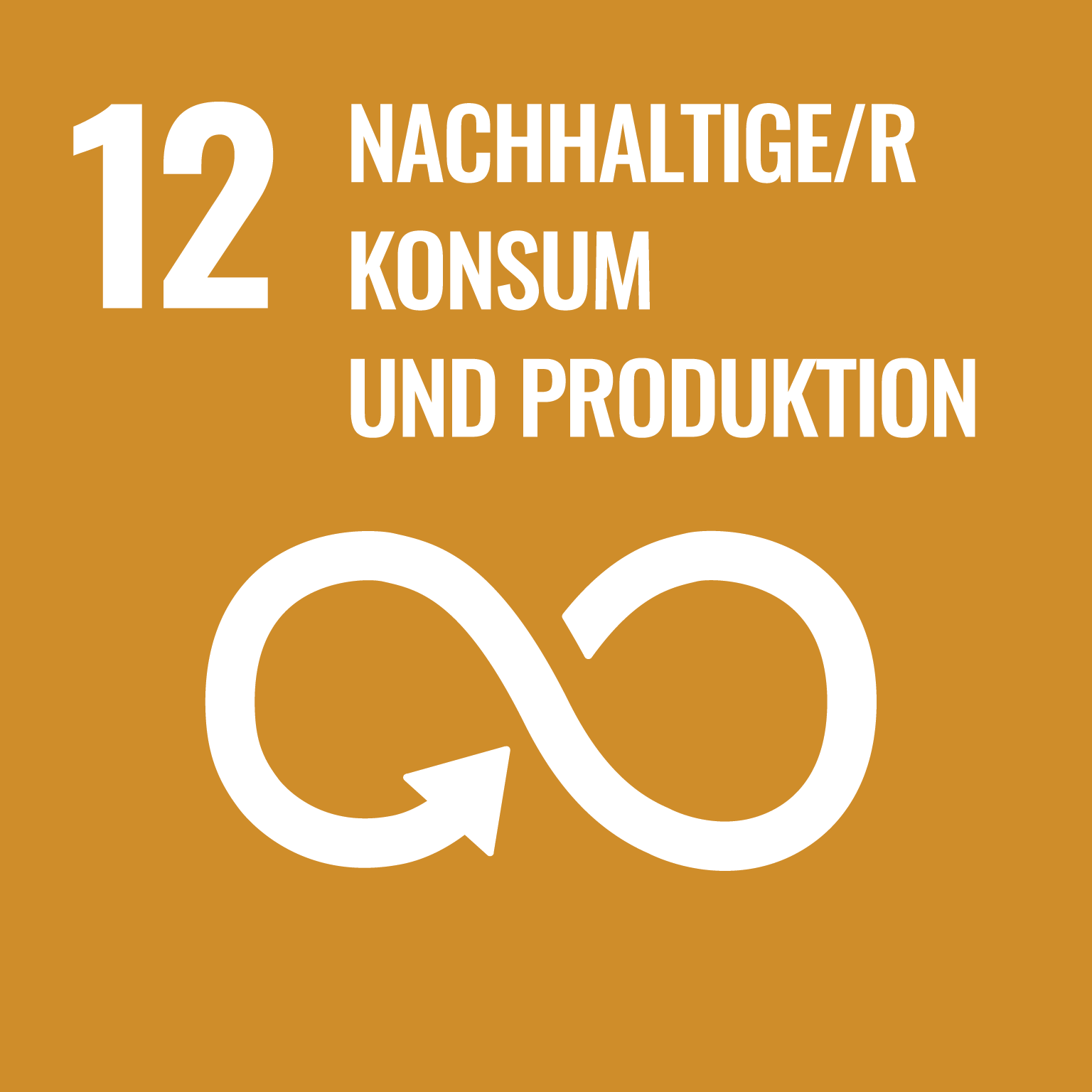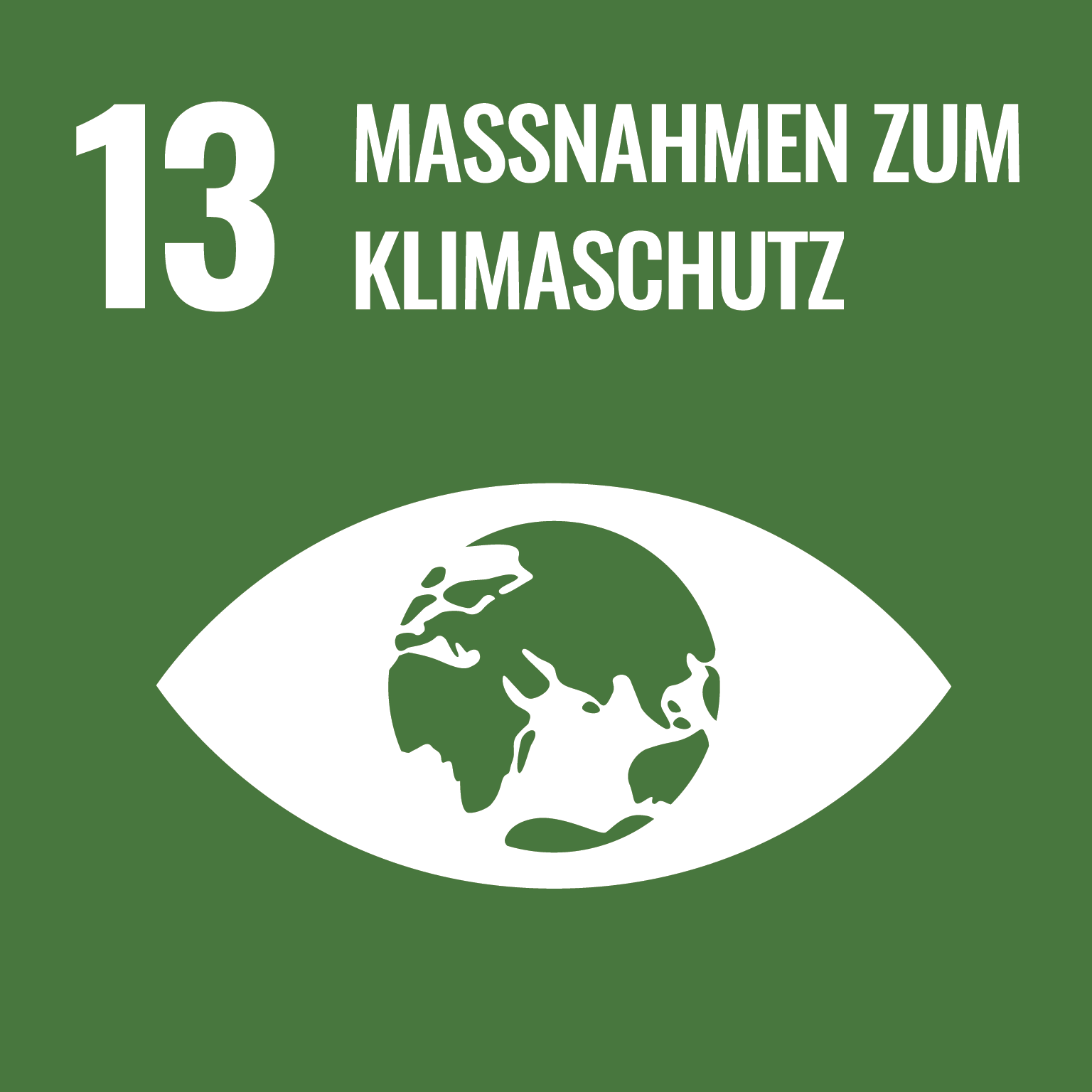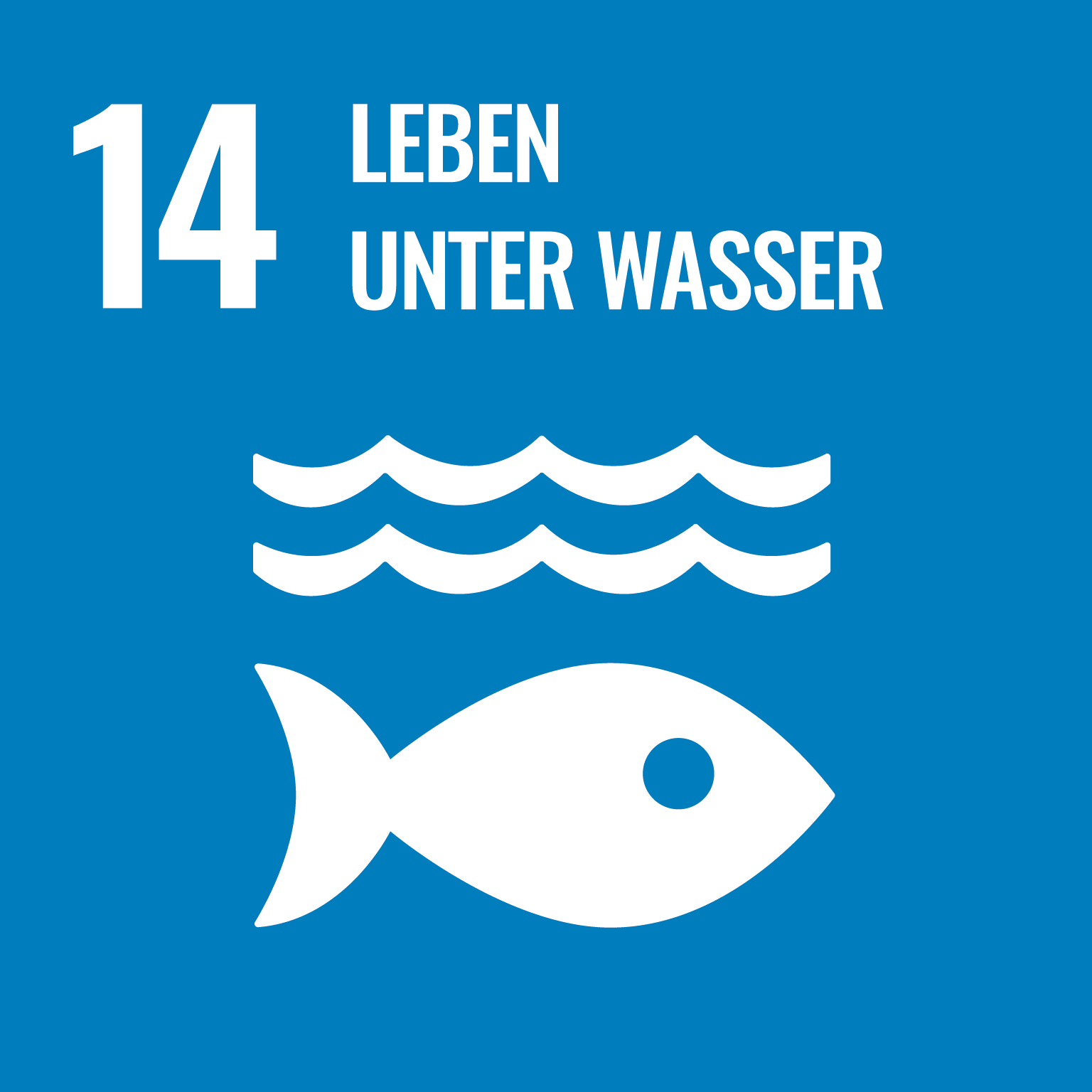SDG Law Tracker - Which laws does the German government implement?
Promote lasting, broad-based and sustainable economic growth, full and productive employment and decent work for all
Our proposals
Does the government plan to implement them?
What is the status?
-
Collective agreements are the most important instrument for improving pay and working conditions. A wide range of measures are needed to strengthen collective bargaining coverage - including further facilitation of the generally binding nature of collective agreements. Collective agreements that are declared generally binding are thus also binding for companies in the sector that are not bound by collective agreements. The 2014 reform in the Collective Bargaining Act was intended to make it easier to make collective agreements binding for the entire industry. However, hardly any use is made of this option. In addition, there are other obstacles that remain even after the reform, such as the possibility for employers to veto collective agreements in the collective bargaining committee. In addition, the term "overriding importance" of the collective agreement needs to be clarified in the law. The "public interest" for a declaration of general applicability must also be given if, for example, the function of collective bargaining autonomy and the collective agreement system can be stabilized. In practice, however, the "predominant importance" of a collective agreement is determined by the quantitative collective bargaining coverage of employees. This means that the so-called 50 percent quorum, which was abolished in 2014, has been reintroduced through the back door. The declared goal of making it easier to declare collective agreements generally binding was not achieved. The statutory facilitation of the declaration of general applicability, the collective after-effect of collective agreements and a federal collective bargaining law that links public contracts, subsidies and state (re-)financing to representative collective agreements must therefore be introduced. In addition, so-called OT memberships (without collective bargaining commitment) in employers' associations must be prohibited.
For further reading and discussion:
https://www.dgb.de/themen/++co++66535a34-5cfc-11e9-8421-52540088cada
https://www.boeckler.de/pdf/p_ta_elemente_87_2020.pdf
-
-
In order to meet the growing demand for skilled workers in Germany and provide people with legal and secure migration opportunities, the introduction of a Skilled Worker Immigration Act 2020 was an important step. Although the law brings some changes and, for example, the elimination of the priority review is welcome, the law does not exhaust all possibilities to actually eliminate the shortage of skilled workers and provide foreign skilled workers with easy access to the market. Major hurdles, such as the recognition of professional qualifications from third countries prior to entry, remain in place. There are still different standards and procedures for the recognition of qualifications. The decisive criterion for entry should be an employment contract for a qualified job, not the recognition of the professional qualification. Also left unresolved by the law is the question of how to deal with qualifications acquired in practical work but for which there is no formal qualification. Here, too, the Skilled Workers Immigration Act must be improved and immigration must be made possible. Germany should follow international codes when recruiting skilled workers. In the health sector, for example, the WHO's Code of Practice on the International Recruitment of Health Personnel applies, which is intended to prevent local systems from being weakened by the withdrawal of skilled workers. Legal immigration opportunities to Germany for non-skilled or low-skilled workers must also be expanded beyond the Skilled Worker Immigration Act. As a matter of principle, people living in Germany must be given access to training and the labor market, regardless of their residence status.
For further reading and discussion:
https://www.der-paritaetische.de/blog/article/2020/02/28/fachkraefteeinwanderungsgesetz-grosse-huerden-bleiben/
✓
-
On December 2, the Bundestag approved the introduction of a right of residence with opportunities, which is intended to give people who have been tolerated for many years a residence perspective and to put an end to the inhumane practice of chain tolerations. A draft bill is now being drawn up from the key points on skilled labor immigration adopted by the cabinet on November 30, and is to be discussed in the Bundestag at the beginning of the year. It remains to be seen whether the draft law will take into account the criteria we mentioned in our proposal "Reform of the Skilled Workers Immigration Act".
-
The number of fixed-term contracts without an objective reason has more than tripled since 2001. The proportion of all employment relationships has risen from 1.7 to 4.8 percent. Young people are particularly affected. Fixed-term contracts not only create job insecurity, but are also often lower paid than permanent employment. Employers benefit from generous legal regulations. Employment contracts can be limited for up to two years without a material reason. What was originally intended as a means of combating unemployment has now become a mass phenomenon. Fixed-term contracts without a material reason must be abolished and chain fixed-term contracts must be overcome; fixed-term contracts with a material reason must be restricted. The Wissenschaftszeitvertragsgesetz must also be amended accordingly.
For further reading and discussion:
ver.di - Zentrale Anforderungen an die Parteien zur Bundestagswahl 2021
https://www.boeckler.de/data/impuls_2020_05_S4-5.pdf
≈
-
There is increasing discussion about a reform of the Wissenschaftszeitvertragsgesetz (WissZeitVG). According to the Union for Education and Science, 84 percent of scientists at universities and 78 percent at universities of applied sciences are employed on fixed-term contracts. The Federal Ministry of Education and Research (BMBF) plans to prepare a draft bill to amend the Wissenschaftszeitvertragsgesetz (WissZeitVG) by the beginning of 2023 at the latest.
-
Thanks to their enormous purchasing volume, public contracting authorities have effective leverage to demand sustainable business and production practices from companies. So far, not enough use has been made of this. A law that obliges contracting authorities to give top priority to human rights, environmental and social due diligence obligations from their contractors for the entire supply chain from a contract value of a maximum of 5,000 euros can make a significant contribution to improving working and living conditions in the production countries. A law for sustainable procurement should also include the obligation to pay collectively agreed wages in Germany as a mandatory rule for the award of public contracts and set high environmental requirements for the product (mandatory inclusion of life cycle costs, highest energy efficiency, etc.). In the case of sensitive product groups (at least, but not exclusively, according to the BMAS 2020 risk study), in whose supply chains human rights violations and forms of environmental degradation frequently occur, companies must provide credible evidence of their due diligence measures to public contracting authorities. This can be done, for example, through valid reports as well as implementation of the standards of multi-stakeholder initiatives and government-approved industry dialogues. The due diligence requirements here should go beyond the Supply Chain Act. In this way, public procurement can promote particularly socially responsible and innovative companies. Companies that have violated their due diligence obligations must be excluded from public procurement procedures for an appropriate period of time. In order for procurers to be able to check this effectively via a query in the competition register, the scope of the Supply Chain Act must be extended to all companies with more than 250 employees and smaller companies in risk sectors. Additional requirements, such as a documentation and disclosure obligation, must apply to the large central procurement offices of the federal and state administrations. This can help ensure that taxpayer money is spent on responsible and sustainable products and services in line with the SDGs. The law must also introduce control measures for compliance with social, environmental and tariff requirements. Implementation of the law should therefore be supported by the development of concrete sustainability criteria, indicators and targets for public tendering and procurement by the federal government, as well as for the investment of special assets (e.g. pension funds). An advisory board such as the Advisory Board for Sustainable Finance and an independent body of experts on sustainable procurement can provide the necessary expertise and act as a monitoring body. In addition, all responsible procurement departments should be trained with concrete specifications. Starting points for such a law can be found in a Scottish law, where the procurement law has already been reformed.
For further reading and discussion:
https://www.bmz.de/de/zentrales_downloadarchiv/Presse/Leitfaden-Textilbeschaffung.pdf
https://www.bmas.de/DE/Service/Medien/Publikationen/Forschungsberichte/fb-543-achtung-von-menschenrechten-entlang-globaler-wertschoepfungsketten.html
https://lieferkettengesetz.de/wp-content/uploads/2020/02/200527_lk_rechtsgutachten_webversion_ds.pdf
-
-
The Corona crisis has once again demonstrated the need to provide rapid assistance to affected industries, particularly in times of crisis. Crisis aid and economic stimulus packages should particularly support companies and organizations that add value to society and thus contribute to a resilient economy. When awarding crisis aid and stimulus packages, the legal framework must make respect for human rights in the company as well as among suppliers a basic condition for receiving financial support. This should apply not only to companies with more than 500 employees and/or 50 million euros in sales, but to all companies that have human rights risks in their value chain. The guiding principles for this crisis support must be the SDGs, the UN Guiding Principles on Business and Human Rights, and the Paris Agreement. Only companies that can demonstrate that they have set their own climate targets and transformation pathways for decarbonization in line with the Paris climate targets, or that are transforming their business model based on clearly defined milestones in line with the Sustainable Development Goals (SDGs), should receive government support. Corporate practices and products that conflict with the implementation of the SDGs should not receive government support. A mandatory sustainability reporting standard, such as the Common Good Balance Sheet or the German Sustainability Code, can serve as conditionality for crisis support. Ensuring social-ecological award criteria should be done by linking to the green taxonomy and accountability via Green Accounting/Right Accounting or Balancing.
To read more and discuss further
https://www.sdgwatcheurope.org/documents/2020/06/covid-19-statement-sdg-we-final.pdf/
https://www.dnr.de/fileadmin/Positionen/2020-05-DNR_Konjunkturpapier_Krisen-nachhaltig-ueberwinden_01.pdf
https://fragdenstaat.de/aktionen/coronahilfen/
-
-
Merger control by the Federal Cartel Office - introduced in 1973 - does not prevent market concentration, but enables it. Societal goals such as social justice, human rights, environmental protection, consumer protection and data protection should be recognized as equal to the goal of freedom of competition in antitrust law. In merger control, there should be a balancing with regard to the public interest. Mergers across market levels ("vertical mergers") should be subject to stricter merger control. A reformed antitrust law must also address the creation of transparency with regard to market power, ownership and company structures, interlocks, supply chains and patents. The Federal Cartel Office should be preceded by a dispute settlement body which investigates cases of abuse brought forward anonymously and can document, punish and, if necessary, sanction such cases or pass them on to the Federal Cartel Office. This body should explicitly address the concerns of farmers, consumer protection groups and suppliers. A reform of antitrust law would also give SMEs, the backbone of the German economy, fair chances against globally active corporations. Among other things, a reform of antitrust law must create urgently needed framework conditions for the digital economy. The power of the Internet giants must be limited, the interests of users must be strengthened, and the emergence of alternative business models such as platform cooperatives and digital platforms with European values must be made possible. In some OECD member states, such as the United Kingdom and the United States, an antitrust unbundling instrument already exists. The U.S. has the longest and most extensive experience with unbundling companies. The legal basis for U.S. unbundling procedures is the Sherman Antitrust Act of 1890. Although the Sherman Antitrust Act does not explicitly regulate unbundling, it does provide for a fundamental ban on monopolies. Part of the Sherman Antitrust Act is a general prohibition on monopolizing commerce, attempting to monopolize, and the collusion of several for this purpose. It is intended to cover any action that has a negative impact on competition. Decisive in this respect are proven monopolization efforts of a company.
For further reading and discussion:
https://www.bundestag.de/resource/blob/476052/6ef8abdc8180f5ad42c29f31c3b4895d/wd-7-131-16-pdf-data.pdf
https://www.aktion-agrar.de/wp-content/uploads/2018/01/Plattformpapier_Konzernmacht_beschraenken.pdf
https://www.unternehmensgruen.org/blog/2017/11/03/fusionen-stoppen-kartelle-vermeiden-konzernmacht-begrenzen/
https://www.unternehmensgruen.org/blog/2020/01/21/gwb-digitalisierungsgesetz-ungezaehmte-internetgiganten/
≈
-
Dormant assets are primarily assets for which financial service providers have lost customer contact and have not been able to restore it because, for example, their owners have presumably already passed away and the heirs are not aware of the existence of these assets. Total volumes of dormant bank accounts in Germany range from two billion euros to nine billion euros. As a rule, only about five percent of the total volume of dormant bank accounts in Germany is claimed by the claimants; the rest is typically derecognized by the banks after 30 years and claimed as extraordinary income. All G7 countries, except Germany, have a legal regime for dealing with dormant assets. It is up to the legislature to determine whether and how funds from dormant assets are to be used. With the creation of a dormant assets fund or a social impact fund with broad possibilities for the use of funds, the funds could be used for social, cultural and societal purposes as in other countries (e.g. Switzerland, United Kingdom, Japan). The income and resources of the social impact fund will be used as decided by the legislature and based on the investment guidelines of a political advisory board.
For further reading and discussion
https://www.send-ev.de/wp-content/uploads/2021/03/2_Auflage_Nachrichtenlose_Assets.pdf
-
-
Since July 2018, 100 percent of the equity portfolio in Baden-Württemberg from the special fund to support the financing of pensions accruing in the future has met the sustainability criteria. A few bonds remain that may be held to final maturity for reasons of profitability. They account for 2.0 percent of the total, 3.9 billion euros in special assets and are gradually being replaced ahead of schedule or as they mature. Since 2017, there have been specific exclusion criteria to supplement the investment guidelines, developed and decided by an advisory board.
For further reading and discussion:
https://www.baden-wuerttemberg.de/de/service/presse/pressemitteilung/pid/anlage-des-pensionsvermoegens-des-landes-auf-nachhaltige-kriterien-umgestellt-1/
https://fm.baden-wuerttemberg.de/fileadmin/redaktion/m-fm/intern/Dateien_Downloads/Vermoegen_Hochbau/%C3%9Cberblick_zu_den_Ausschlusskriterien_f%C3%BCr_die_Anlage_der_Versorgungsr%C3%BCcklage.pdf
-
-
In contrast to Germany, France applies the principle of general equal treatment, according to which short-term employees are also treated equally to permanent employees in terms of working conditions and remuneration. In Germany, the equal pay principle also applies, but this can be undermined by collective agreements to the contrary and, depending on the company or regional collective agreement, only applies after nine or 16 months. The maximum transfer period is also regulated differently in France. Although it is 18 months in both countries, in Germany it can be circumvented by a collective agreement. In France, this is not possible; only in the case of an employment relationship on foreign soil or fulfillment of a "special export order" is it 24 months. While temporary workers in Germany are often hired for cost reasons, this is not possible in France, where the equal pay principle cannot be circumvented. In addition, temporary workers in France receive "precariousness compensation" amounting to ten percent of the total wage when their contract expires. In France, temporary workers may not be used as strike breakers, even in the event of an industrial dispute. The precariousness compensation and the equal pay principle should also be applied in Germany in order to recognize the flexibility of temporary workers and put them on an equal footing with permanent employees. The agency principle practiced in France should not be adopted, according to which temporary workers are only employed for the period of the assignment and then become unemployed.
For further reading and discussion:
https://www.boeckler.de/de/boeckler-impuls-leiharbeit-nachbarn-regulieren-besser-8790.htm




